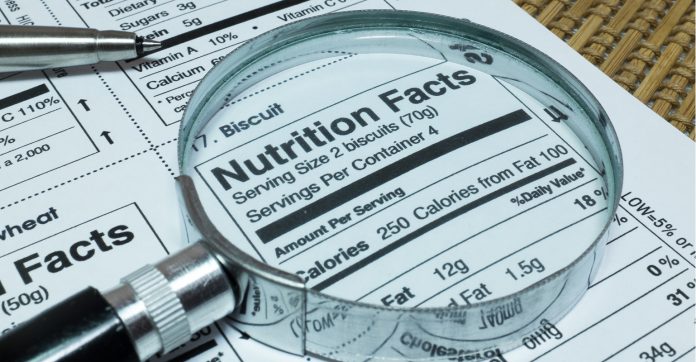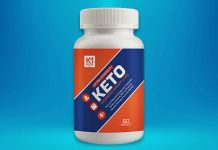The most popular diet in the world according to Google searches, the ketogenic diet, involves eating very little carbohydrates, a lot of fat and a moderate amount of protein each day. But because precise keto recommendations about macronutrients can be difficult to implement, many shoppers have questions about natural product retailers. We were swung by a freelancer in the Midwest to assess their knowledge.
Natural Food Merchant: What are the carb limits for a keto diet, and how do I calculate them from the Nutrition Facts panel?
Related: Secret shopper: Can apple cider vinegar help me lose weight?
Retailer: Full disclosure: I’m no keto expert. It would be best to speak with a dietitian about this. I know carb limits are pretty low for keto, but I can’t give you the exact numbers. I think it also depends on your total calorie intake.
NFM: I caught you. Did you know if I counted the carbohydrates listed on the Nutrition Facts panels for everything I eat?
Related: Mystery shopper: How do I find organic skin care products?
Retailer: I’m sorry, I’m not sure. Our dietitian is not at the moment, and I don’t want to point you wrong. Do you want to try to make a date with her?
How did the retailer do this?
 Our educational expert: SaVanna Shoemaker, RDN, is a keto dietitian based in Little Rock, Arkansas
Our educational expert: SaVanna Shoemaker, RDN, is a keto dietitian based in Little Rock, Arkansas
This retailer was really on target! She wasn’t sure of the exact answer, so she was right to point the shopper toward the dietitian on staff for more information.
The keto diet is a low-carb, moderate-protein, high-fat diet. To get the benefits of getting into ketosis — where your body burns fat for fuel instead of carbohydrates — you need to significantly limit your carb intake to roughly 50 grams of total carbs per day, although this may vary from person to person. It mostly depends on your level of metabolism and activity, so people with slow metabolisms may need to cut carbs more, while really active people can eat more carbs and stay in ketosis. But the guideline of 50 grams total per day works for most people.
Some people like to count net carbs, which are total carbohydrates minus fiber and sugar alcohols. Although fiber and sugar alcohols are carbohydrates, they are not absorbed by the body, so they generally do not affect your ability to go into ketosis. If you’re counting net carbs, you should aim for approximately 25 grams of net carbs per day.
You can find the carb count on the Nutrition Facts label for any packaged food. Be sure to note the portion size and total carb count. To calculate net carbs, simply subtract fiber and sugar alcohols—which will also be listed on the Nutrition Facts label—from your total carbs.




